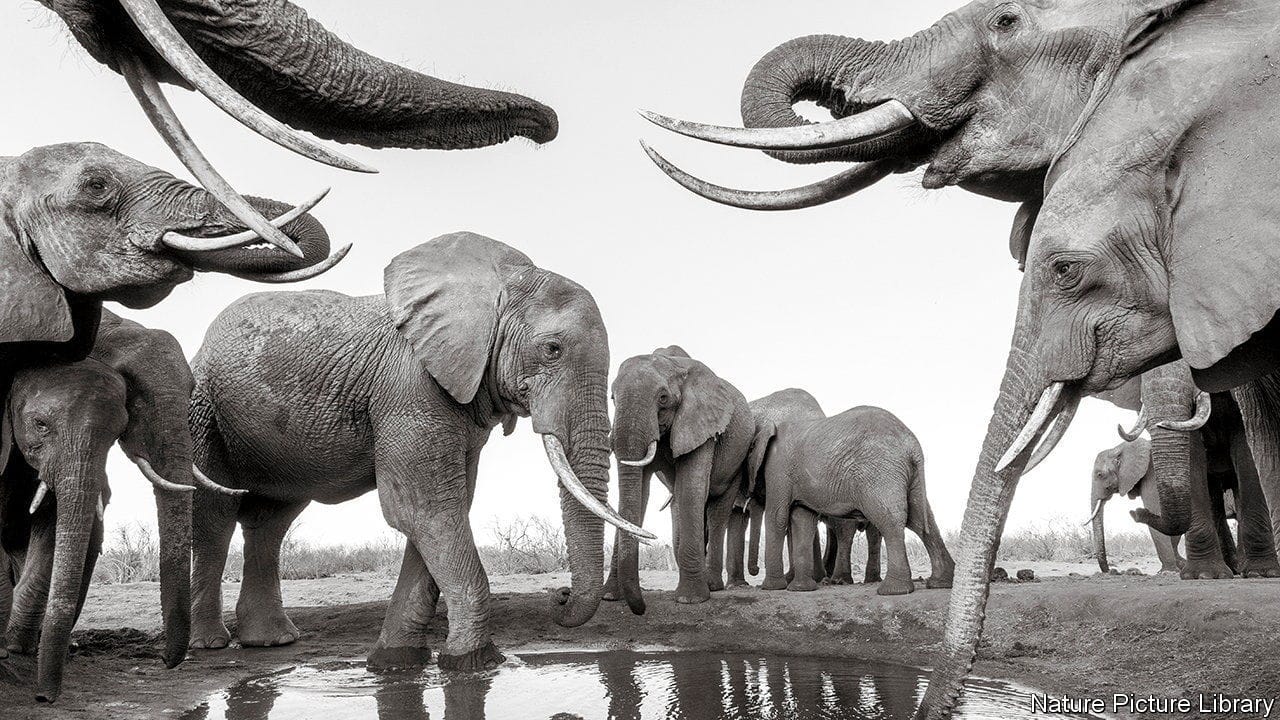- by
- 01 30, 2025
-

-
-
Loading

Loading

always presented a paradox to biologists. They are much larger than humans and live for a similar length of time, yet they only rarely develop cancer. That is odd. Cancer, after all, is something of a numbers game: the more , the more replications. The more replications, the greater the likelihood of random damage and a cell going rogue, failing to be detected and ultimately starting the runaway process towards a tumour.Work led by Konstantinos Karakostis of the Autonomous University of Barcelona and published in , points to an answer, for elephants at least, to . This absence of size-to-cancer correlation is named after Sir Richard Peto, a British epidemiologist who first noted it in 1977.